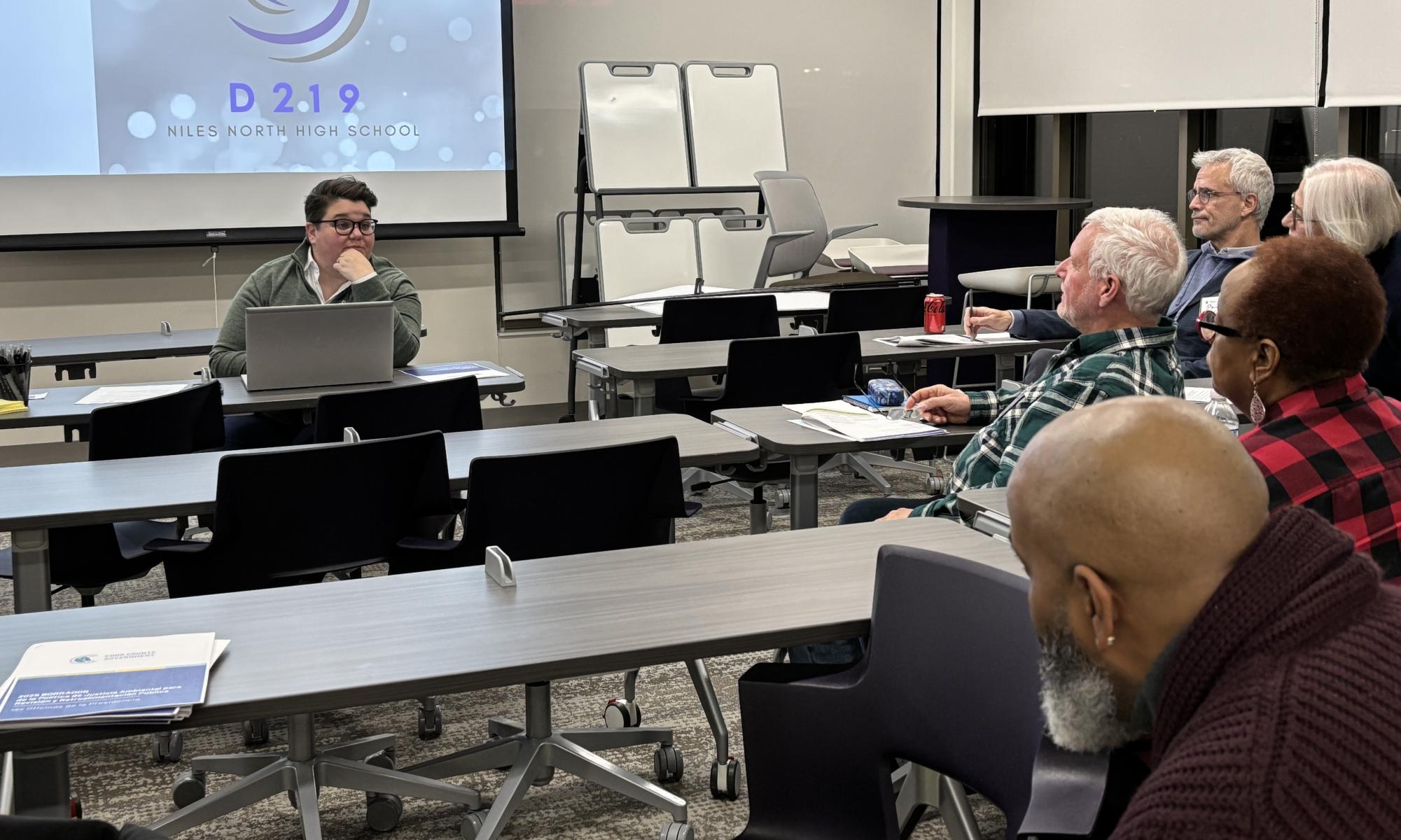Green Revolution: Cook County Unveils Groundbreaking Environmental Justice Roadmap

Cook County is taking a groundbreaking step towards environmental equity by developing its first comprehensive environmental justice policy. On Tuesday, county leaders opened a community dialogue at Niles North High School, inviting residents to share their insights and experiences.
The proposed policy aims to address a critical issue: the disproportionate environmental burden faced by lower-income communities. By gathering direct input from those most affected, county officials hope to create a more targeted and meaningful approach to environmental protection.
County Commissioner Josina Morita, a driving force behind this initiative, is committed to ensuring that the policy reflects the real-world challenges faced by vulnerable populations. The town hall represents a crucial first step in crafting a policy that will guide future county decisions on environmental issues.
Residents who attended the event had the opportunity to voice their concerns, share personal stories, and contribute to a more inclusive environmental strategy. This collaborative approach underscores Cook County's commitment to creating meaningful change and protecting the health and well-being of all its residents.
